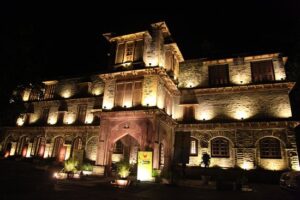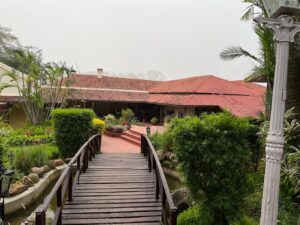History & Geography
Mount Abu, nestled in the Aravalli Range in the Sirohi district of Rajasthan, India, is a picturesque hill station renowned for its rich history, scenic beauty, and cultural significance. Let’s delve into the captivating history and geography of this enchanting destination.
History:
Ancient Origins: Mount Abu has a long and illustrious history dating back to ancient times. It is believed that the region was once inhabited by the Gurjars, a pastoral community, from whom the name “Gurjardesh” is derived. According to legend, the great sage Vashistha performed a yagna here, leading to the creation of the divine Agnikula tribe.
Medieval Era: Mount Abu gained prominence during the medieval period when it served as a retreat for Rajput rulers and sages seeking solace from the scorching desert heat. The region witnessed the construction of several temples and fortifications, including the magnificent Dilwara Temples, renowned for their exquisite marble carvings and architectural brilliance.
Colonial Influence: During the colonial era, Mount Abu came under the influence of various dynasties, including the Chauhans, Parmars, and Solankis. The British also recognized its strategic importance and established it as a hill station to escape the sweltering summers of the plains. The development of infrastructure and tourism during this period further contributed to the region’s growth and popularity.
Geography:
Location: Mount Abu is located in the southwestern part of Rajasthan, near the Gujarat border. It is situated at an elevation of approximately 1,220 meters above sea level, making it the highest peak in the Aravalli Range.
Climate: Due to its elevated location, Mount Abu enjoys a relatively cooler climate compared to the surrounding plains. Summers are mild, with temperatures ranging from 23°C to 33°C, making it a popular destination for summer retreats. Winters are chilly, with temperatures dropping to around 4°C to 12°C, offering a refreshing escape from the heat.
Natural Beauty: Mount Abu is renowned for its scenic beauty, characterized by lush green forests, serene lakes, and rolling hills. The Nakki Lake, Guru Shikhar Peak, and Sunset Point are among the iconic landmarks that offer breathtaking views of the surrounding landscape.
Biodiversity: The region boasts a rich biodiversity, with diverse flora and fauna thriving in its ecosystem. The Mount Abu Wildlife Sanctuary, spread over an area of 288 square kilometers, is home to a variety of species, including sloth bears, leopards, wild boars, and numerous bird species.
Cultural Heritage: Mount Abu is also steeped in cultural heritage, with a rich tapestry of architectural marvels, religious sites, and festivals. The Dilwara Temples, Adhar Devi Temple, and Achalgarh Fort are among the prominent attractions that showcase the region’s cultural and historical significance.
In conclusion, Mount Abu’s history and geography intertwine to create a captivating tapestry of heritage, natural beauty, and cultural diversity. Whether exploring ancient temples, admiring panoramic vistas, or indulging in adventurous pursuits, this enchanting hill station offers a memorable experience for travelers seeking tranquility and rejuvenation amidst nature’s splendor.
How To Reach
By Airplane
By Train
By Road
- The nearest airport is udaipur just 185 Km from Mount Abu
- the nearest railway station for Mount Abu is Abu Road just 29 km from Mount Abu
- abu road is well connected with all the big cities of India through ahmedabad ajmer jaipur delhi and Mumbai.
- Mount abu is just 222 km from ahmedabad and just 750 kms from Delhi
- 185 kms from udaipur
- 746 kms from Mumbai
- 500 km from jaipur
Where To Stay

Heritage Class Hotel

Star Class Hotel

Budget Class Hotel

Economy Class Hotel
Tour & Travels
Sightseeing
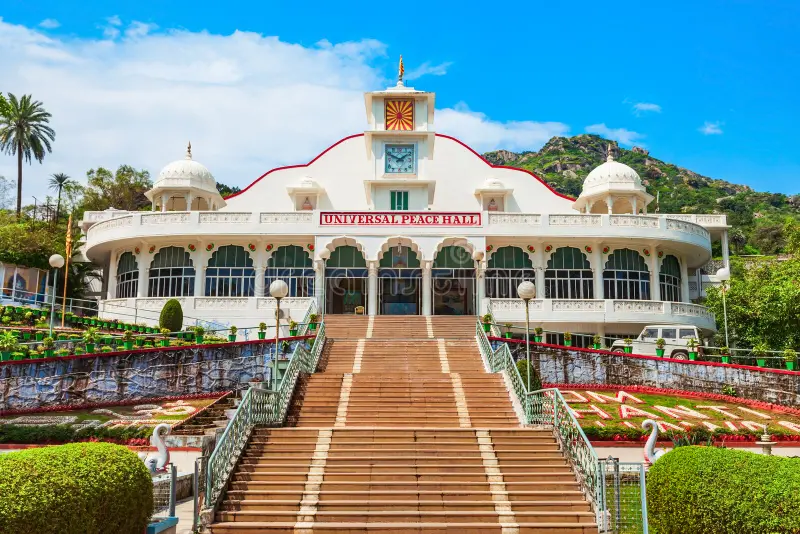
Om Shanti Bhawan
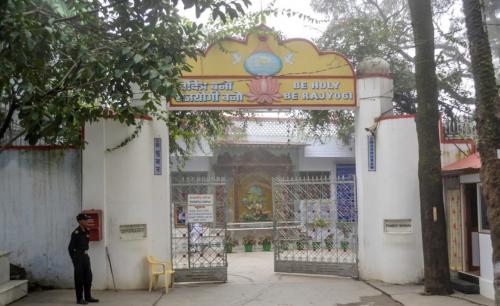
Pandav Bhawan
Pandav Bhawan, also lovingly known as Madhuban (meaning Forest of Honey), is the headquarters of the Brahma Kumaris spiritual organization and their oldest campus. It’s located in Mount Abu, Rajasthan, India.

Dilwara Jain Temple
The Dilwara Jain Temples are a complex of five Jain temples located on Mount Abu, in the western Indian state of Rajasthan. Renowned for their intricate marble carvings and considered to be among the finest Jain temples in the world, some even believe their intricate beauty surpasses the Taj Mahal .
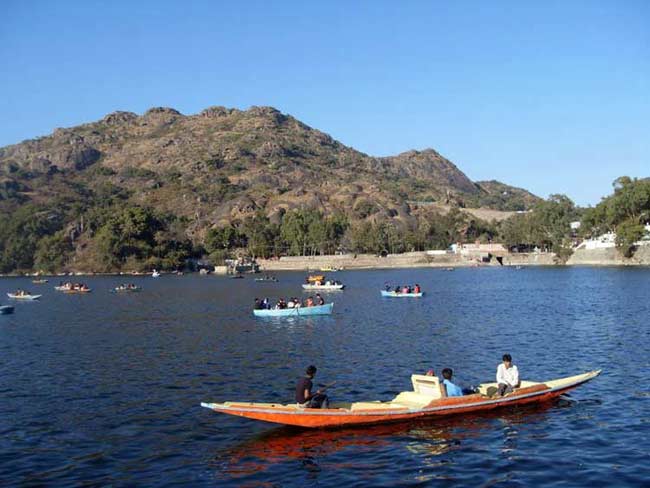
Nakki Lake
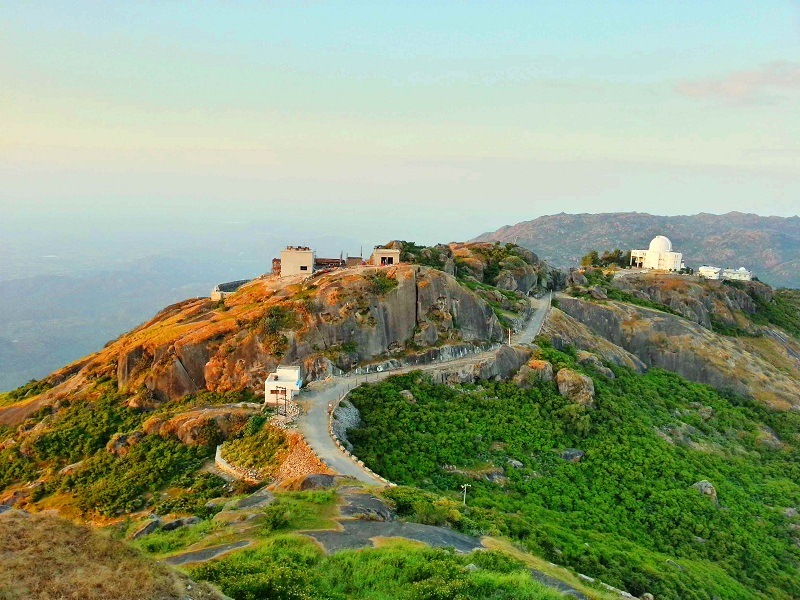
Guru Sikhar
Guru Shikhar is the highest peak in the Aravalli Range, standing at a height of 1,722 meters (5,650 ft). It’s located in the Sirohi district of Rajasthan, India, roughly 15 kilometers from Mount Abu .

Achalgarh Fort
he fort has a rich history, originally built by the Paramara dynasty rulers and later reconstructed and renovated by Maharana Kumbha in 1452 CE. Maharana Kumbha was a prolific fort builder, credited with constructing 32 forts during his reign.


